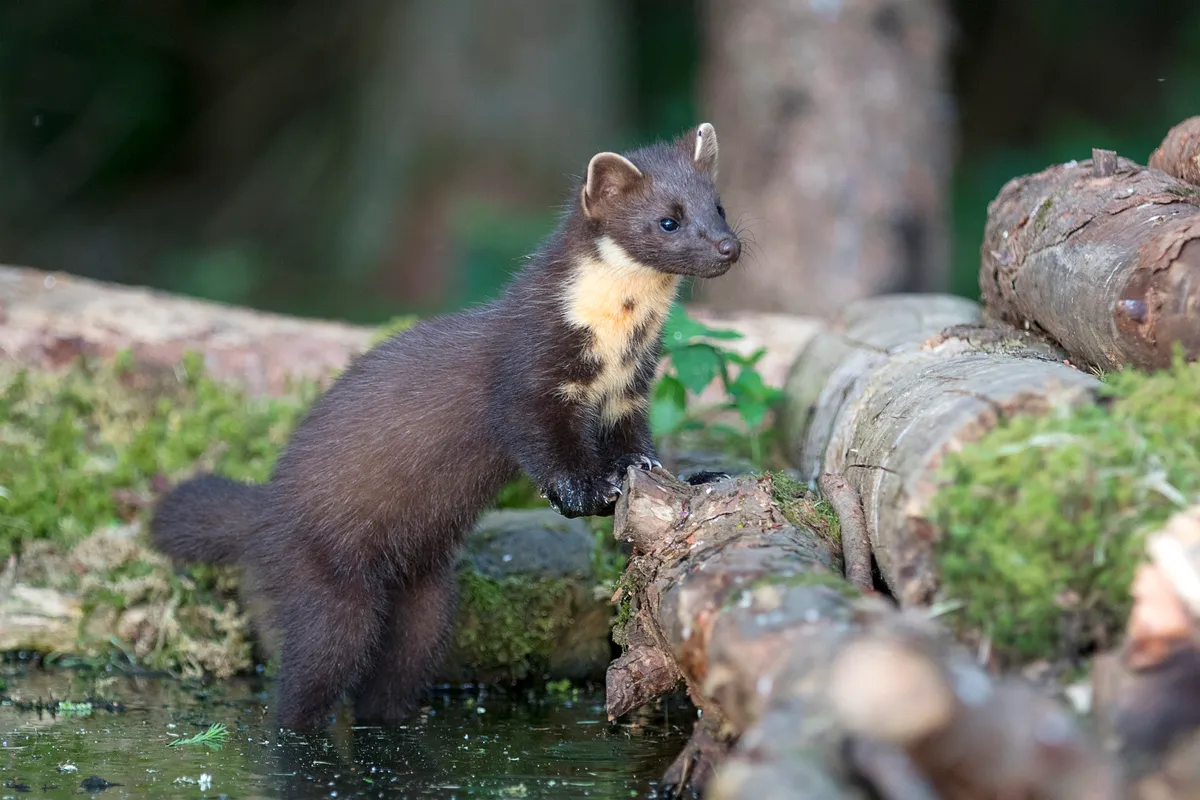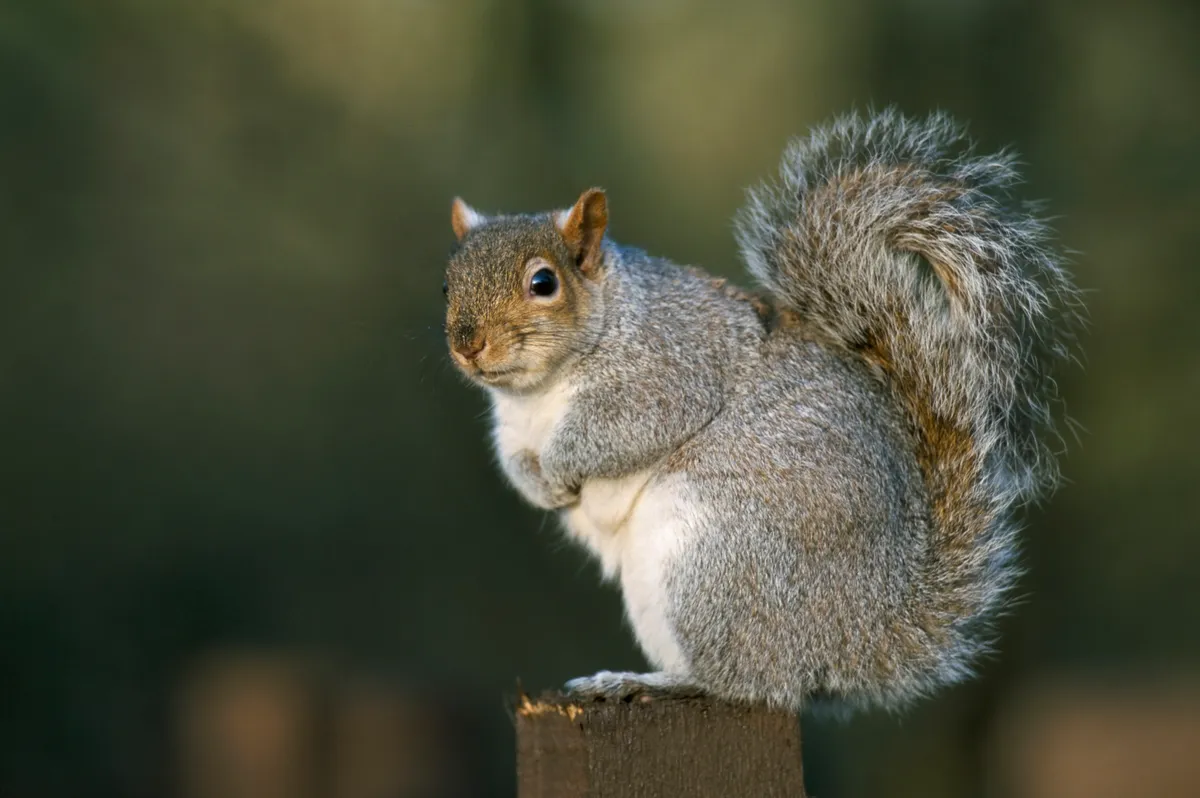Researchers from Queen’s University Belfast set out to uncover why the recovery of pine marten populations in the UK and Ireland seem to positively affect red squirrel populations, while grey squirrel numbers see a decline.
Curious to unveil why pine martens seem to predate more on non-native grey squirrels rather than native reds, the researchers left pine marten scent at 20 feeding sites across Northern Ireland.
Red squirrels demonstrated clear behavioural responses when encountering the scent, visiting the feeding sites less often and becoming more vigilant, while grey squirrels did not change their behaviour, resulting in them being much more vulnerable to predation from pine martens.
Researchers concluded that the native red squirrel has developed this behaviour as a result of sharing a landscape with the pine marten over a long period of time.

“Grey squirrels, introduced to the UK from North America, have only shared the landscape for a mere blink of the eye on an evolutionary timescale, and thus currently appear to be naïve to the threat of predation by this native predator,” explained Joshua Twining, PhD student at Queen’s University Belfast and the study’s lead-author.
This conclusion lends support to the argument that native predators can play an important role in restoring balance to ecosystems, providing a natural, and potentially less expensive, alternative to current measures that are in place to manage invasive species.

“In a modern world that is daunted by environmental crisis and ecological collapse, it is more important than ever to recognise the potential of nature, its resilience and ability to provide solutions to our mistakes,” added Mr Twining. “This is especially pertinent in the UK and Ireland where we currently live in a highly managed, unnaturally predator free world.”
The paper’s researchers believe that their study provides tangible support to the idea that native predators play a crucial role in restoring natural balance to ecosystems.
“The benefits of native predator populations are slowly being realised in Britain and Ireland,” said Dr David Tosh, the paper’s co-author and Research Coordinator at National Museums NI.
“While this study began with a focus on identifying what was behind the observed relationship between squirrels and pine martens, it has shown us the potential benefits predators may have in rebalancing the ecosystem. We believe this discovery will demonstrate to the wider public the benefits that native predators can bring to our countryside.”
Main image: Red squirrel with nut. © Neil Burton/Getty